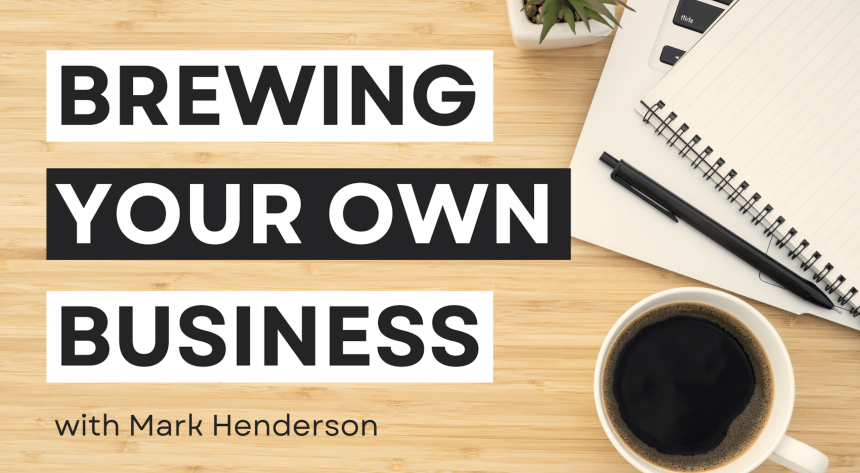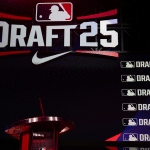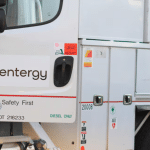Trying to fund a startup business is a lot like having leprosy. No one wants to be around you, and most are, at least, a little afraid of you—especially when you are raising money.
In 2003, Leslie went to the American Brewer’s Guild to learn everything required to technically operate a brewery: sanitation, recipes, piping, glycol, grain, quality, IBU’s, and anything else that they could cram into the program.
Her background as a chemical engineer certainly made that easier, but it was an amazing amount of work to pile on top of her day job. She tasked me to come up with a business plan. A critical piece of that was obviously funding.
Some of you might realize this, but at the time everyone thought brewing beer in Mississippi was illegal. Everyone.
You can imagine being the banker where a 29-year-old punk shows up are your fancy bank asking for $1 million of your hard-earned dollars to start up the first brewery in the State of Mississippi—an activity you know is illegal.
There is only one obvious answer to that request, “No.” Which, as it turns out, is already something banks are good at saying.
I actually have never gotten money from a bank when I needed it. Here is a lesson: always get money before you need it.
I had a 150-page business plan, cash flow projections, product mix, branding, logos, recipes, and commitments from more than 60 retail accounts that pledge to sell our beer when it became legally available.
I took that business plan to every bank on the Mississippi Gulf Coast. Literally, every single bank. Not most of them. Every. Single. Bank.
Every single one of them said the exact same thing: “No.” To say that I was distraught would be an understatement. My wife wanted me to do this one thing: build her a brewery.
For those of you that don’t know Leslie and me personally, I love my wife. I will do anything for her, and I could not do this.
But I took every one of those no’s, and asked, “Why?” I got different answers from all of them, but I took every one of those reasons and tweaked that business plan.
I got a, “You have no equity in this deal,” and I raised money from friends and family. They didn’t like the debt coverage ratio, so I changed the plan accordingly: reduced the size of the startup, focused on used equipment, and set more aggressive sales targets.
They didn’t think I could make the sales numbers, so I added in the written commitments. They didn’t think it was legal—that was a bit more difficult, but another story.
I made all the changes. I learned from every one of the rejections and then I went back to them. Now it was different, they had nothing to offer, but the answer was still, “No.”
Banks are set up like car dealerships. You aren’t allowed to talk to the decision-maker. You think the salesman and the pit boss are on the same side, but in reality, they hate each other.
The salesman gets paid when he sells a car, and the pit boss just rejects all the salesman’s deals. The pit boss gets paid if the dealership makes its numbers, and sales just bring him bad deals.
Commercial lending at banks works the same way. The person you can access isn’t a decision-maker, and the first rule of sales is to always identify the decision-maker.
So I cheated. I had good discussions with a couple of the banks. I found out who was in charge of commercial lending at these institutions, not the person I was talking to, but who was sitting at the head of the table when opportunities were discussed.
One of those people was Dusty Rhodes, at then Whitney Bank. No one in my circle knew Dusty directly, but there was a rumor that Dusty was going to be at a Fourth of July Party in Diamondhead.
Leslie and I crashed that party with a cooler full of homebrewed beer. We showed up and started unloading the cooler.
When asked if we were the bartenders, I said, “Yes.” We got escorted into a party we had not been invited to so that we could pitch to a person that had never met us about a project that he most certainly did not want to fund.
We almost ran out of beer. People loved it, but I held the last bottle of Southern Pecan back. When Dusty finally showed up, I took that bottle, popped the top on it, and I gave him my elevator speech.
We had a good conversation. On Monday, I got a call from the commercial lender we had been interfacing with at Whitney. They were going to put something together for us.
In the following years, Dusty and I became friends. He passed a few years ago from ALS, and I was blessed to be able to thank him while he was still with us on behalf of a 29-year-old punk who loved his wife and wanted to build the first-ever brewery in Mississippi.
It has been full of hard roads, but they were Dusty’s Rhodes.
The views expressed by contributors are their own and not the views of SuperTalk Mississippi Media.








